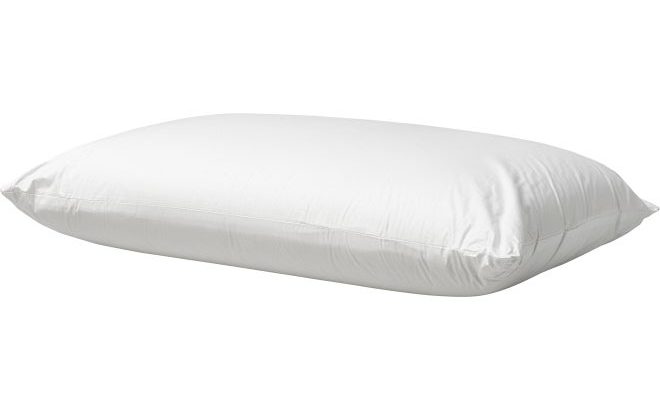Sleep is very important
Observation John Kenbeek
The great John Kenbeek has this famous quote on sleeping:
Way back before human civilisation with wild beast roaming the dark night people still risked their lives for getting a good night night sleep: SO SLEEPING MUST BE PRETTY IMPORTANT!
Why is good sleep so important for (top) athletes?
Sleep is a basic human need and one of the most important recovery mechanisms of the body, both physically and mentally. Sleep is also indispensable for long-term adaptation. During sleep your muscles and tendons are adapted, (motor) learning processes are ‘stored’ and (emotional) events are processed. A lack of (good) sleep leads to, among other things:
- Decreased physical performance;
- Development of overload and overtraining;
- Reduced focus and concentration;
- Processing instructions less well;
- Greater chance of developing various syndromes.
Good sleep is characterized by a short time to fall asleep, few sleep interruptions and a sufficiently large size (number of hours of sleep).
Tips to sleep better
The sleeping environment: bedroom, roommates, etc.
- Provide a quiet, dark and cool bedroom (ideally between 18 and 20 °C);
- Take your own pillows, duvets during training sessions and/or competitions bring earplugs;
- If possible, choose a roommate with a similar sleep-wake rhythm;
Things to avoid: external stimuli
- Avoid at least the last hour before bedtime external stimulations like bright(blue)light and stress. So do not use a telephone, laptop or tablet.
- Do not perform intensive work, stop studying and do not have difficult conversations;
- Clear your head in the evening, for example write down the things that keep you busy so that you can let them go;
Food and drink
- Do not consume caffeine in the evening (cola (including light coke), tea, energy drinks, etc.).
- In addition, do not drink large amounts in the last hour before going to bed (to avoid waking you up during the night because you have to urinate);
- Do not consume a heavy meal in the last two hours before bedtime. A cup of cottage cheese, on the other hand, is fine and promotes protein synthesis and thus muscle recovery;
Routines
- Only use your bed to sleep and rest. Your bed is not a desk, used for example to read or study;
- Sleep mostly at night. If you’re taking an afternoon nap or power nap, do it shortly after lunch – ideally around 1:30 pm;
- Take a short warm shower before going to sleep. This leads to the removal of blood vessels in the skin, which actually lowers your internal temperature, which means is beneficial for falling asleep;
- Lie down comfortably and relaxed. Consciously relaxing the muscles helps to fall asleep;
- Consciously breathing slowly and deeply also helps to relax and fall asleep fall;
Finally, develop your own fixed pattern when going to bed, taking into account taking into account the above advice. Keep regular times for going to bed and getting up. Do not deviate more than 20 minutes from this on weekends and on training-free days.
Sleep well!
Related Material
- Download het NOC*NSF TeamNL document op de Download Pagina (in Nederlands)
Thanks Don de Winter for sharing this document!
Subscribe and get notified when I add new posts to the Blog;
